Thought Leadership that Makes you Think...
Good at Negotiation, Good at Life
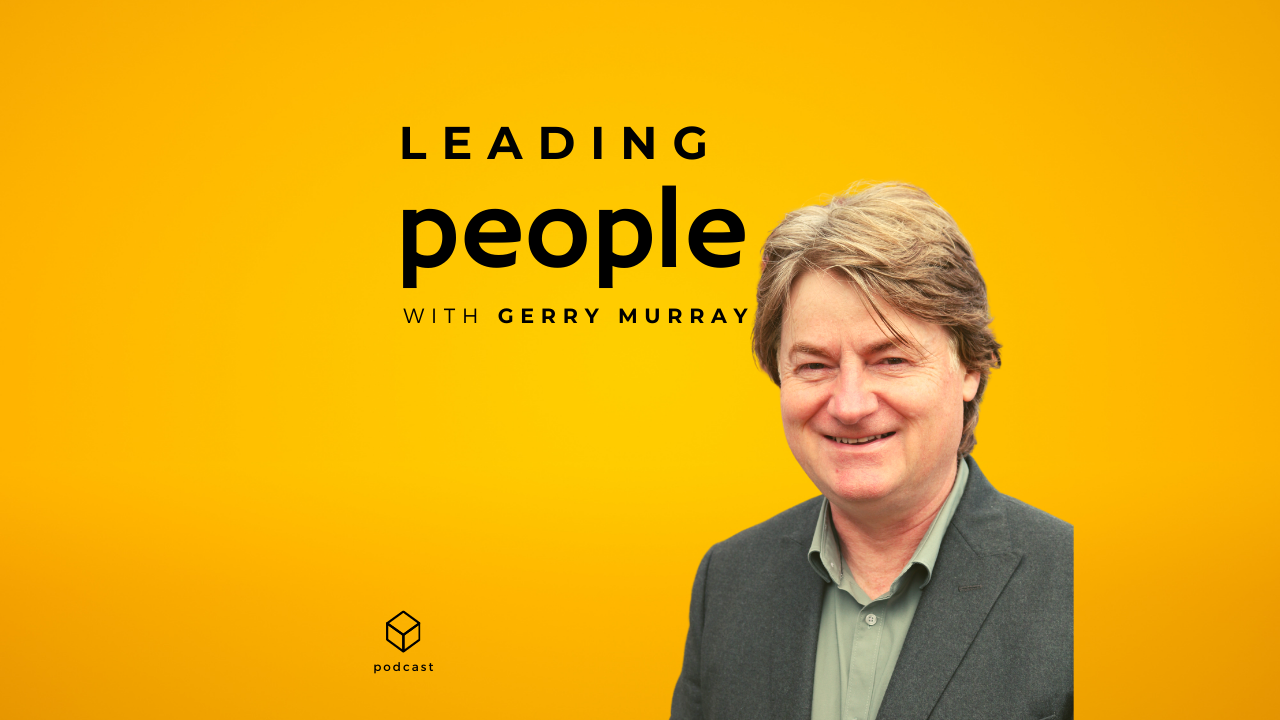
In this episode (recorded in December 2020) I chat with leading Author and Master Negotiations Trainer, Simon Horton, about negotiations and negotiating.
During our conversation, Simon demystifies negotiating. He says that negotiating is so pervasive in our world today that we're actually negotiating all the time. Negotiation is not some 'dark art' or just the purveyance of big business, international trade deals or Brexit. In fact, one of Simon's mantras is "get good at negotiation, get good at life"!
We delve into his book The Leader's Guide to Negotiation: How to Use Soft Skills to Get Hard Results (The Financial Times) and explore his three-stage model of negotiation. Did you know that there's more to negotiation than a conversation and an agreement?
Throughout, Simon draws on examples from both leadership and personal contexts where knowing how to negotiate enables you to grow, advance and achieve your goals, in a way that preserves relationships. He...
How to build your Adaptive Capacity
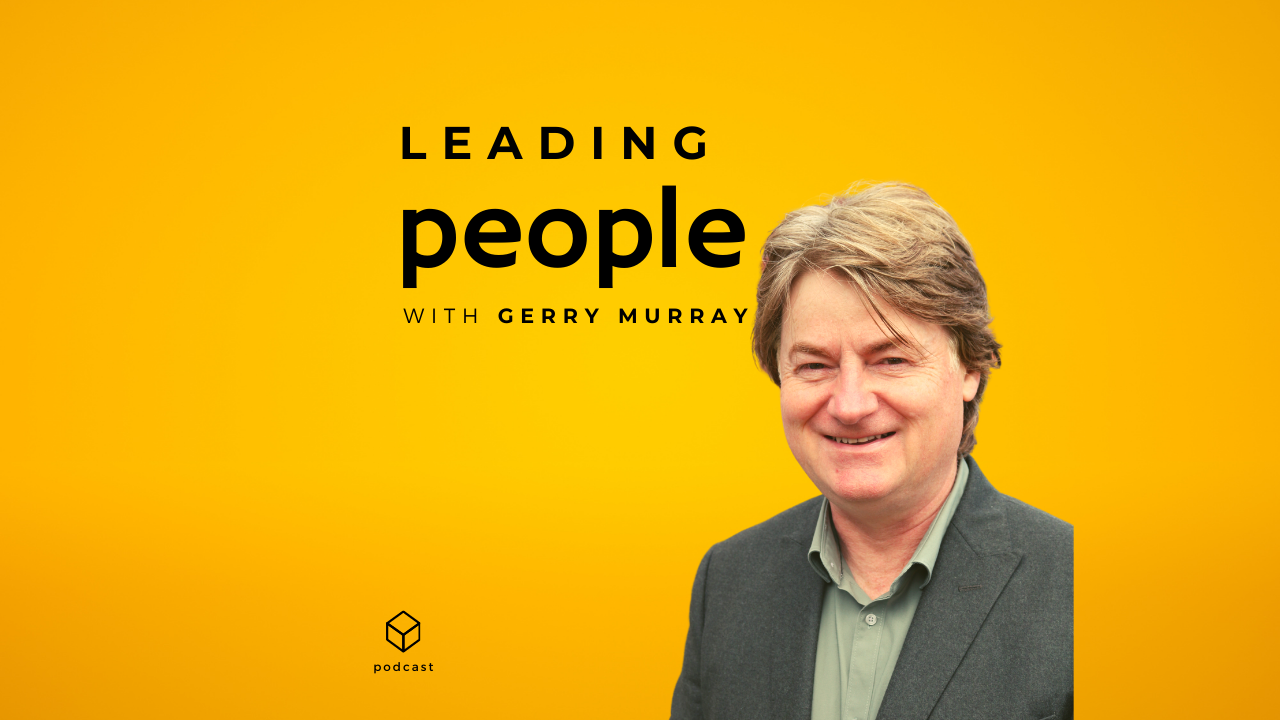
A lot has been written about how organisations are being challenged by macro paradoxes and that the 'solution' to these challenges isn't a linear approach to problem-solving. It's more about managing paradoxical situations than trying to solve them.
If organisations are going to deal with these macro paradoxes then a question arises around the challenges leaders have in managing a range of paradoxical behaviour choices that enable them to do that.
In this episode, I sit down with Author, Master Trainer and Leadership Expert Rick Tate to discuss his new book, Adaptive Capacity, and how developing this ability is essential if leaders are to successfully guide organisations in a paradoxical world.
And, these self-leadership insights and lessons can be applied to many aspects of our lives.
Introducing Leading People
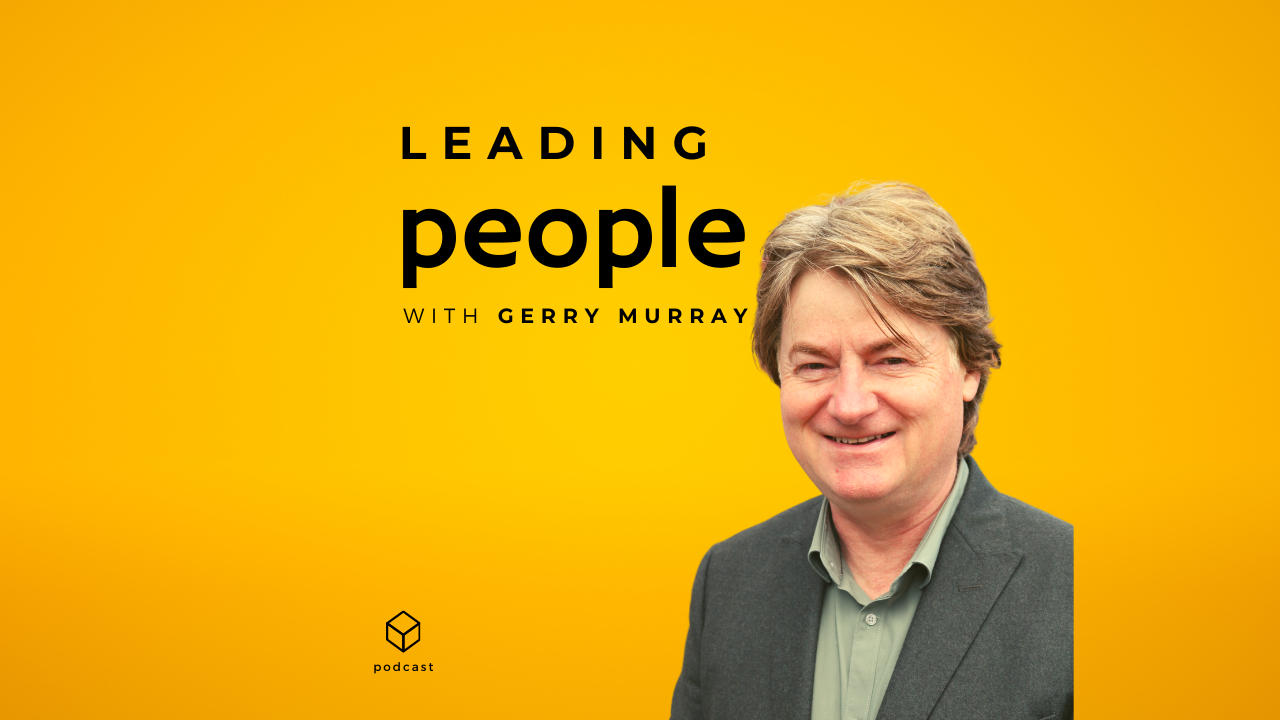
What do Great Managers Do - Part 2?
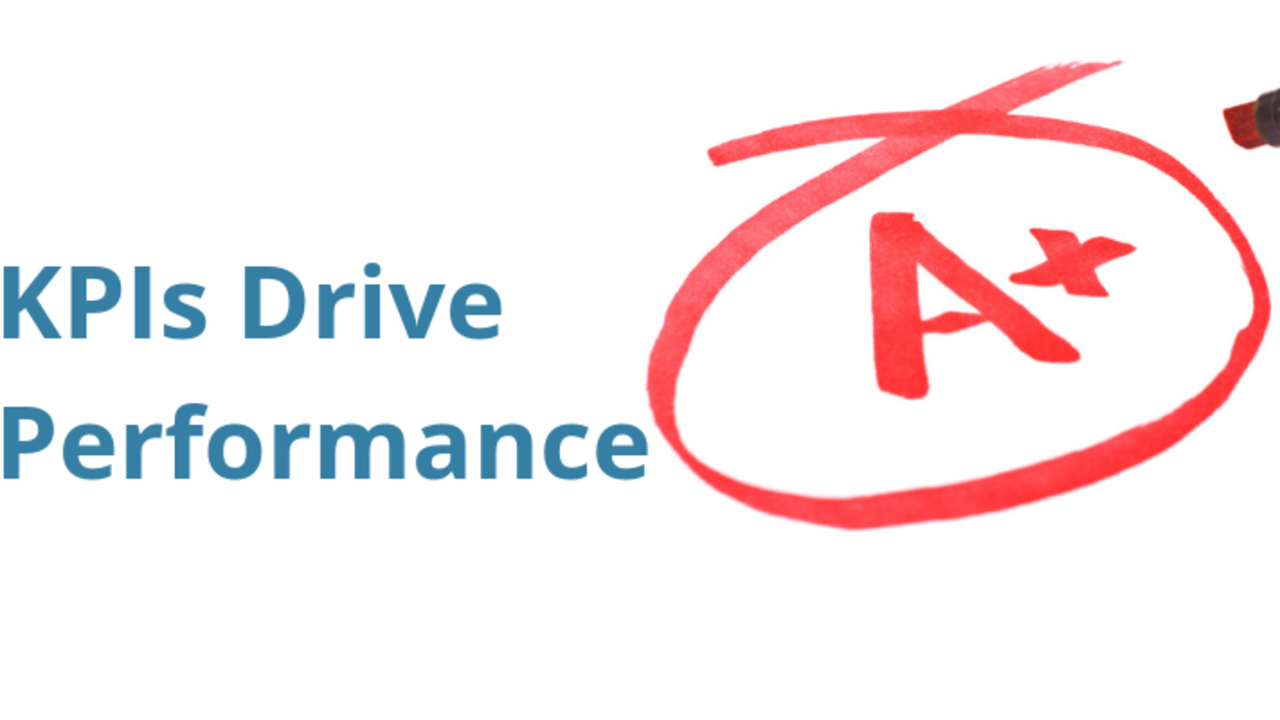
Key # 2 - Setting Key Performance Expectations
3 Ingredients for Better Employee Engagement
Learning Moments
How do you hire the best person for a role each and every time?

Warning: this process can save you a lot of time and money!
Why is this important?
What do Great Managers Do - Part 1?
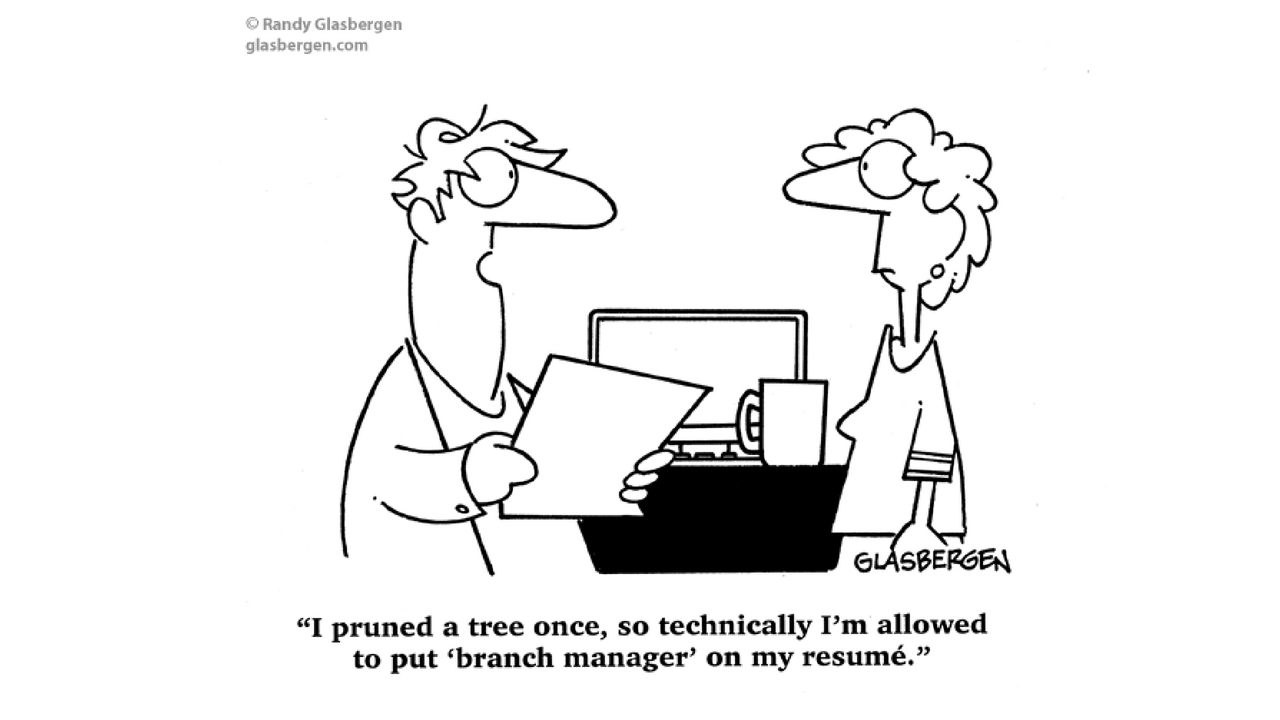
“Our research yielded many discoveries, but the most powerful was this: Talented employees need great managers.” - Gallup
Over 1 million people took part in this ground-breaking Gallup research. Managers are the catalyst for engagement and performance in an organisation. People don’t leave organisations - they leave their boss!
So, what do great managers actually do?
In this post I’ll focus on the first key activity. To make it easy to understand I’ll present the “conventional wisdom” approach and then the distinction that great managers make. Then I’ll provide some tips/tools for how to enhance your approach. If you’re not a manager but being managed then what I reveal here will give you a yardstick for judging your managers.
Key #1. They Select the Right People
“Often, organisations approach selecting frontline supervisors, team leads or first-time managers with less strategy than rolling dice in Las...
How can you be yourself at work?

“Be yourself - everyone else is taken” - Oscar Wilde
Actually, the straight answer to this question is that you can’t be yourself at work unless your organisation creates at least the following 5 conditions:
1. Personal Development drives Organisational Development
Organisational folks prefer the term professional development to personal development. However, this is flawed thinking and labelling. People can undergo professional development programmes that often produce better technical skills but many of the problems in organisations come from Interpersonal factors that require personal development skills.
When personality and work preference factors clash no amount of professional ability will resolve these. People need to be on a continuous path of self improvement. To be on that path, you need to have the self-awareness to know where you are and to where you can go in terms of your potential.
You also need to have quality feedback so you...
Does it sometimes feel like you're doing 2 jobs?

“In most organisations nearly everyone is doing a second job no one is paying them for - namely, covering their weaknesses, trying to look their best, and managing other people’s impressions of them.” - An Everyone Culture: Becoming a Deliberately Developmental Organisation (Kegan & Lahey, 2016)
A profound statement!
Why is this so?
Because, many people simply don’t feel safe enough to be themselves at work. There is a latent vulnerability that is at stake. It’s not ok to “fail”. We must get top marks, etc… This topic comes up time and time again at public events, in TED talks and other online forums. For decades, authors have suggested you just look at what people can achieve outside of work through their hobbies, community service, etc… for evidence that organisations only get a part of an employee when at work.
And, personally I think that there may be nothing wrong with this. Most of us would prefer to...

